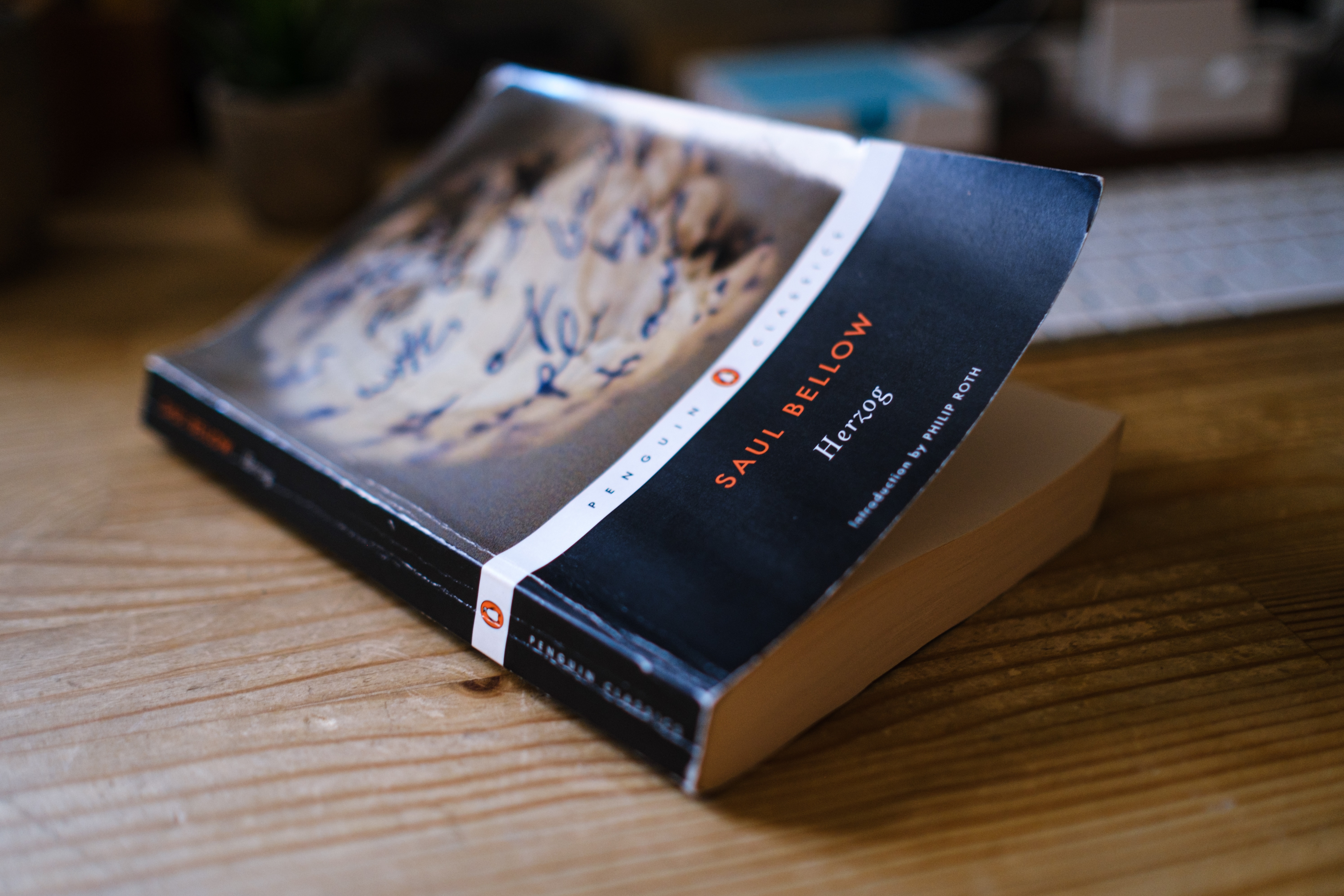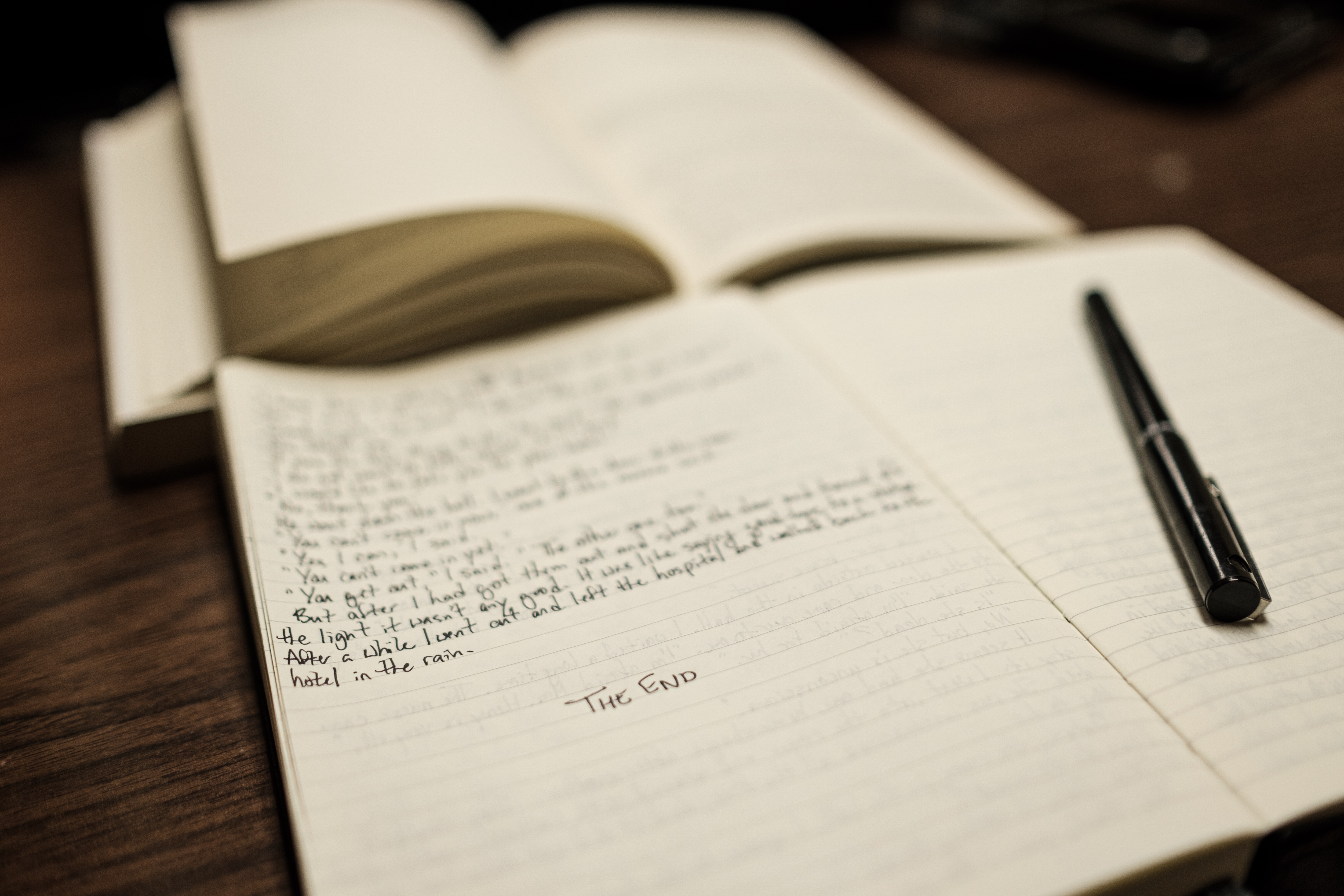Philip Roth, in his introduction to Saul Bellow’s novel Herzog:
The character of Moses Herzog, that labyrinth of contradiction and self-division—the wild man and the earnest person with a “Biblical sense of personal experience” and an innocence as phenomenal as his sophistication, intense yet passive, reflective yet impulsive, sane yet insane, emotional, complicated, an expert on pain vibrant with feeling and yet disarmingly simple, a clown in his vengeance and rage, a fool in whom hatred breeds comedy, a sage and knowing scholar in a treacherous world, yet still adrift in the great pool of childhood love, trust, and excitement in things (and hopelessly attached to this condition), an aging lover of enormous vanity and narcissism with a lovingly harsh attitude toward himself, whirling in the wash cycle of a rather generous self-awareness while at the same time aesthetically attracted to anyone vivid, overpoweringly drawn to bullies and bosses, to theatrical know-it-alls, lured by their seeming certainty and by the raw authority of their unambiguity, feeding on their intensity until he’s all but crushed by it—this Herzog is Bellow’s grandest creation, American literature’s Leopold Bloom, except with a difference: in Ulysses, the encyclopedic mind of the author is transmuted into the linguistic flesh of the novel, and Joyce never cedes to Bloom his own great erudition, intellect, and breadth of rhetoric, whereas in Herzog Bellow endows his hero with all of that, not only with a state of mind and a cast of mind but with a mind that is a mind.
Try saying all 244 words five times fast.

